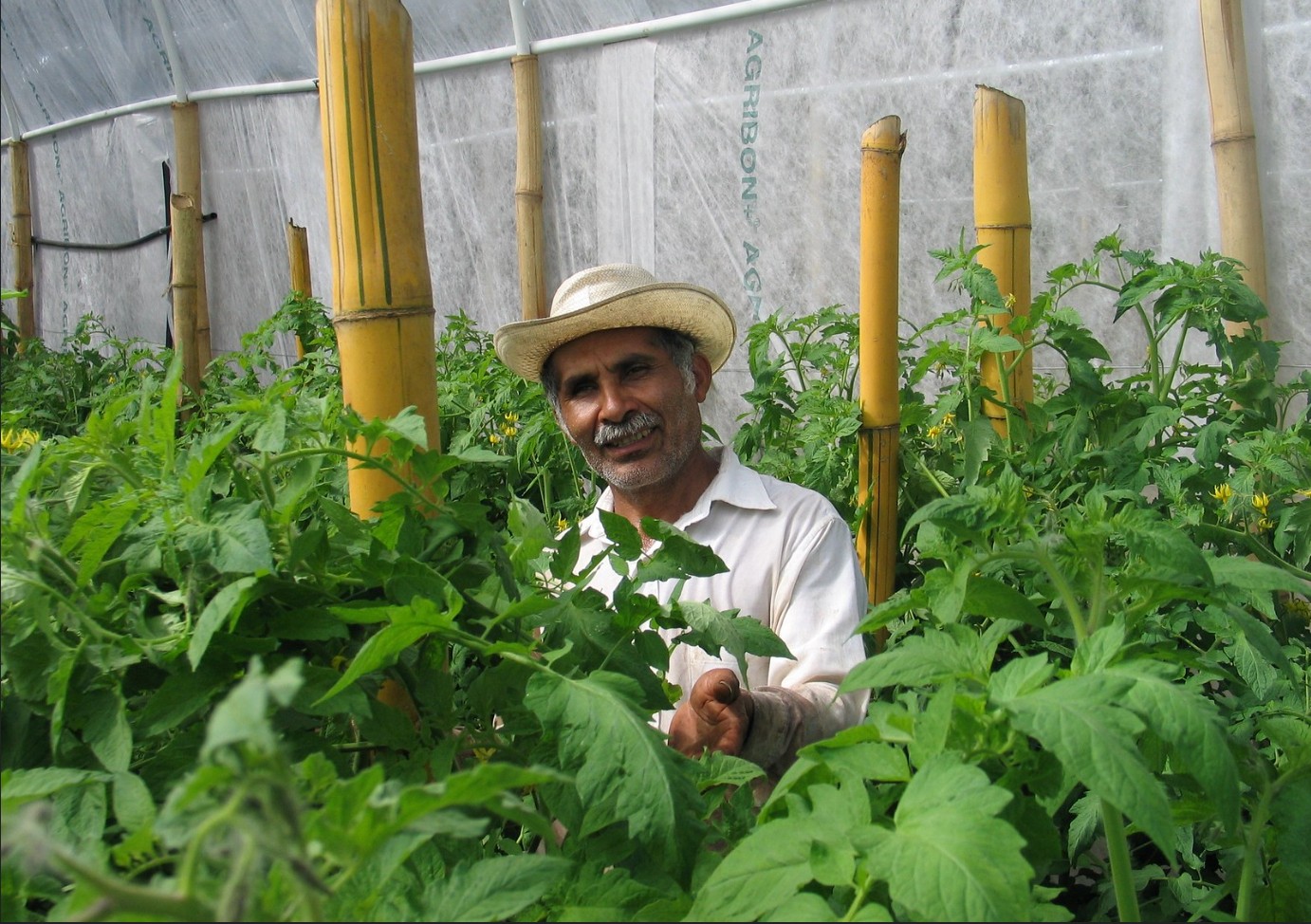Editor’s Note: Financing is a critical barrier faced by smallholder farmers to access the inputs that they need to increase crop yields and income. In Latin America, a financing gap, estimated at $170 billion, hampers smallholder farmers’ ability to invest in productivity-enhancing technologies and practices. This piece presents six practical strategies for startups and investors to change the course, empowering smallholder farmers across the region to build a sustainable, food-secure future.
Valentina, a smallholder farmer from Puebla, Mexico, had just two weeks to prepare her land before the rainy season began. She needed around $2,000 to get started and was struggling to come up with the funds in that short period of time. Like many farmers in her community, she had never been able to access formal credit–financial institutions see smallholders as risky investments, while the application processes often present numerous obstacles.
Her story reflects the reality for millions of smallholder farmers across Latin America who remain excluded from the tools and opportunities that could help them unlock their productivity and income potential. Despite being responsible for half of the region’s food production, they often face major obstacles like productivity gaps, climate-related risks and limited access to innovation.
In today’s technological era, a dynamic sector of start-ups in AgriFoodTech is emerging, encompassing innovations that are improving, transforming and disrupting food and agricultural systems across entire supply chains. At the same time, Latin America is becoming a hotspot for AgriFoodTech investment—over 2,500 startups raised USD 7.3 billion between 2018 and 2022. However, most of this activity is concentrated in serving large-scale farmers in Brazil, Mexico and Chile, while smallholder farmers across the region remain excluded.
If we are serious about improving food security, increasing resilience, and building sustainable rural economies, we must ask ourselves: who is AgriFoodTech really serving? And how can this emerging field do better for the smallholder farmers who are the backbone of regional food production?
Drawing on the experience of TechnoServe’s Potencia tu Agroempresa regional accelerator, which supports startups that integrate smallholder farmers into their business models from the outset, we have identified six strategies that can help startups and investors close the gap between innovation and the realities of smallholder farming, while delivering meaningful results for rural families and their business models.
Six practical strategies for inclusive innovation in agrifoodtech
Make the business case clear
Solutions must make financial sense for smallholder farmers. Does the technology help them access financing, increase productivity, reach new markets or reduce risks? Many tools fail to reflect the day-to-day realities of a small farm. From digital literacy levels to farm size and decision-making patterns, startups must design tools and interfaces that respond to smallholder farmers’ needs and how they live and operate.
Just as critically, the business case must be clear for the start-up. Whether it is opening up a new customer segment or market, reducing risks or something else, the financial case for working with smallholders must be clear.
Support the adoption of agrifoodtech
Technology adoption among smallholders requires trust, repetition and a thoughtful mix of digital and personalised support. Startups should embed change-management strategies into their models, and accelerators should provide mentorship to farmers, not just tech development.
Co-design agrifoodtech with buyers
Reliable market access is one of the strongest incentives for technology adoption. Startups can strengthen product-market fit and boost adoption by involving corporate buyers early and co-designing solutions that address the needs of both farmers and buyers.
Diversify capital sources
Working with smallholder farmers can involve additional costs and longer return timelines. But institutions are willing to support this work because of the social, economic and environmental value it creates.
Prioritise impact measurement
Startups often neglect tracking social and environmental impact in their early stages, assuming they lack sufficient data. Accelerators can play a vital role in helping them develop practical tools to measure outcomes from the beginning to strengthen their models and attract impact-aligned capital.
Build ecosystems
Latin America’s AgriFoodTech landscape is still young and presents an opportunity for learning, measuring, adapting and co-creating. Accelerators and support organisations must actively broker relationships between startups, anchor buyers, producer organisations, researchers, investors and policymakers to build a collaborative ecosystem.
Putting these principles into practice
In Mexico, agents for fintech firm IncluirTec meet smallholders where they are. They visit farms and work directly with the smallholder to fill out the loan application without internet, thanks to the technology’s offline functionality. This allowed Valentina to apply for and receive a formal loan for the first time. At the same time, IncluirTec is able to reach a new and underserved customer segment for the formal financial sector.
In Colombia, Wseeds designed a traceability and monitoring tool that could meet agro-export companies’ needs for real-time data while also being accessible to smallholder suppliers: they can submit reports using WhatsApp text and even voice messages. WËIA, another startup accelerated through the program, offers “plant now, pay later” loans that allow farmers to access credit for inputs and repay it after the harvest.
These business models can be both profitable and impactful. Potencia tu Agroempresa has supported startups across Colombia, Mexico, Chile, and Guatemala through a model that combines strategic coaching, financing connections and facilitated pilots with buyers such as Danone and Walmart. In its first cohort (2023–2024), over half the participating startups secured capital to raise a combined total of $748,500 in grants, loans, and investments.
The program has also delivered strong results for rural communities. Startups supported over 3,000 farmers with training, helped track 18,000 heads of cattle through traceability systems and supported the restoration or transition of 1,800 hectares into carbon-capturing soils. Startups in the portfolio saw an average 53 per cent increase in revenue, 18 per cent growth in full-time staff and 20 per cent growth in part-time jobs.
We have the tools. Now we must scale them—with inclusion at the centre.
A pseudonym was used to protect the identity and integrity of the farmer featured in the story.






